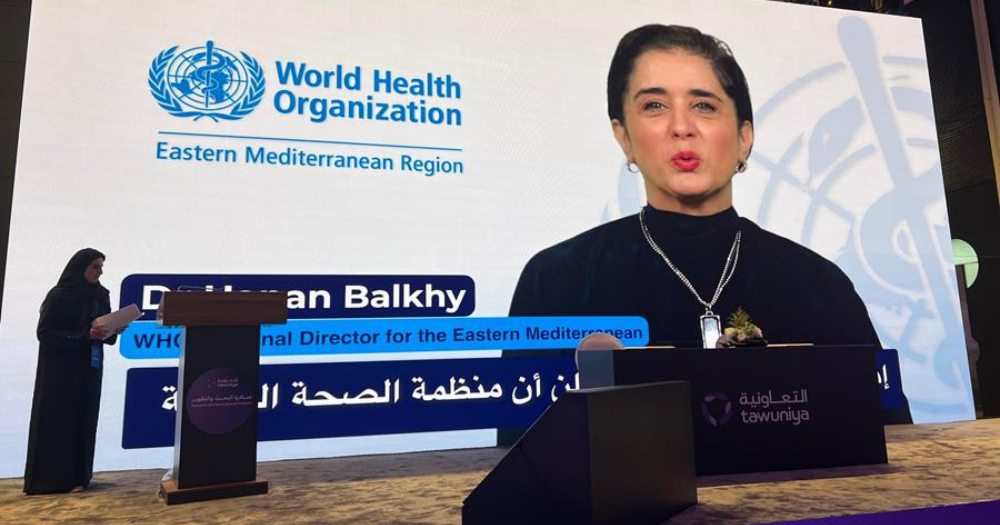WHO Foundation launches first GCC partnership to drive health innovation in the region

The WHO Foundation just inked its first-ever corporate partnership in the Gulf Cooperation Council. And they did it in style — with Saudi Arabia's largest insurance provider, Tawuniya. At a packed forum in Riyadh, the two parties signed a strategic Memorandum of Understanding that promises to reshape the health landscape across the Eastern Mediterranean.
"This agreement isn't just a first for the WHO Foundation in the Gulf," said Anil Soni, CEO of the WHO Foundation, tuning in from Geneva, "it's a new kind of partnership for public health."
The collaboration signals a big bet on regional innovation, digital health, and good old-fashioned cooperation. And for a region facing both emerging tech and enduring health crises, the timing couldn't be better.
How will it work?
So what's actually under the hood of this partnership?
- A shared platform will be built to boost digital health infrastructure.
- Primary care? Front and center.
- Mental and occupational health? On the radar.
- Local solutions for population health management? Absolutely.
The nuts and bolts of the programs are still being ironed out in consultation with the WHO Eastern Mediterranean Regional Office. But the blueprint is clear: empower local systems, prioritize equity, and lean on innovation that's made for the region, by the region.
Tawuniya CEO Dr. Othman Alkassabi didn't mince words: "Together, we commit to driving innovation and digital transformation in healthcare, advancing value-based care, and empowering population health management."
Why does it matter?
This is a potential game-changer for how public health gets done in the Gulf.
- For the WHO Foundation, it's a first step into the GCC — a region that's long been critical but underserved in terms of formal collaboration.
- For Tawuniya, it's a chance to steer the health conversation beyond insurance and into transformation.
- And for the people of the Eastern Mediterranean? It could mean better access, smarter systems, and, importantly, more affordable care.
"Thank you, Tawuniya and MEENA Health, for embracing our vision of equitable access to healthcare for all," said Dr. Hanan Balkhy, WHO Regional Director. Her words echo a sentiment that's long overdue: public health doesn't need spectators — it needs co-creators.
The context
The partnership arrives at a moment of real urgency and real possibility. Just ahead of the 78th World Health Assembly, the deal speaks volumes about what's shifting in global health diplomacy. It's no longer just about big talk — it's about nimble partnerships that can deliver real-world results.
And let's not forget the elephant in the room: countries like Syria and Sudan, where health systems are barely hanging on. The hope is that lessons — and tools — from this alliance can ripple outward, guiding recovery efforts in places where healthcare is a lifeline, not a luxury.
Plans are already looking ahead to October 2025, when the WHO Regional Committee will meet in Cairo to shape concrete next steps. Expect to hear more about AI, digital platforms, and community-rooted care models that are ready to move from PowerPoint to practice.
Because in a region ready to leap, this might just be the launchpad.
💡Did you know?
You can take your DHArab experience to the next level with our Premium Membership.👉 Click here to learn more
🛠️Featured tool
 Easy-Peasy
Easy-Peasy
An all-in-one AI tool offering the ability to build no-code AI Bots, create articles & social media posts, convert text into natural speech in 40+ languages, create and edit images, generate videos, and more.
👉 Click here to learn more


